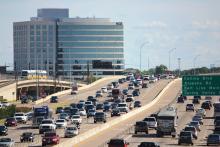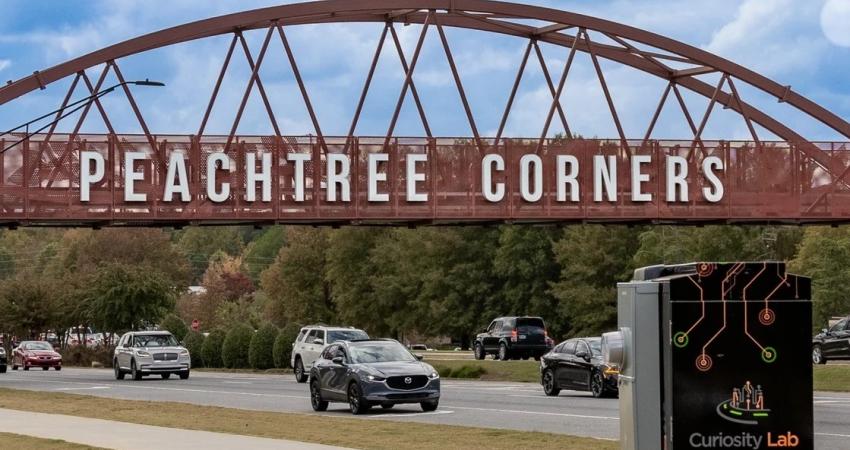High speed trains are poised to link Fort Worth to Houston and other metropolitan areas in Texas, following the approval by the Regional Transportation Council (RTC) of US$4.5 million up to 2018 for planning, design, project development and preliminary engineering. The plan calls for US$1.5 million per year to be spent on these activities starting in 2016.
Texas Central Partners is working to deliver high speed rail in the Dallas-Fort Worth-to-Houston corridor by 2021, allowing travellers a smooth, conge
High speed trains are poised to link Fort Worth to Houston and other metropolitan areas in Texas, following the approval by the Regional Transportation Council (RTC) of US$4.5 million up to 2018 for planning, design, project development and preliminary engineering. The plan calls for US$1.5 million per year to be spent on these activities starting in 2016.
Texas Central Partners is working to deliver high speed rail in the Dallas-Fort Worth-to-Houston corridor by 2021, allowing travellers a smooth, congestion-free ride between the state’s two largest metropolitan areas using technology popular in other parts of the world. In conjunction with this private-sector effort, planning efforts continue on a project to develop high speed rail within the region that would connect to the Fort Worth-to-Houston line when it opens and could eventually offer access to a third corridor stretching from Oklahoma to South Texas.
“High speed rail has the potential to revolutionise the way we travel between the state’s largest metropolitan areas,” said Bill Meadows, chairman of the Commission for High-Speed Rail in the Dallas/Fort Worth Region. “With population growth in Dallas-Fort Worth and throughout Texas showing no signs of slowing down, innovation is necessary and will ensure the transportation system continues to provide safe, efficient service to all. With this decision, the RTC has reaffirmed its commitment to high speed rail in the region.”
Texas Central Partners is working to deliver high speed rail in the Dallas-Fort Worth-to-Houston corridor by 2021, allowing travellers a smooth, congestion-free ride between the state’s two largest metropolitan areas using technology popular in other parts of the world. In conjunction with this private-sector effort, planning efforts continue on a project to develop high speed rail within the region that would connect to the Fort Worth-to-Houston line when it opens and could eventually offer access to a third corridor stretching from Oklahoma to South Texas.
“High speed rail has the potential to revolutionise the way we travel between the state’s largest metropolitan areas,” said Bill Meadows, chairman of the Commission for High-Speed Rail in the Dallas/Fort Worth Region. “With population growth in Dallas-Fort Worth and throughout Texas showing no signs of slowing down, innovation is necessary and will ensure the transportation system continues to provide safe, efficient service to all. With this decision, the RTC has reaffirmed its commitment to high speed rail in the region.”







